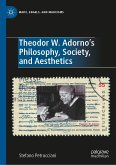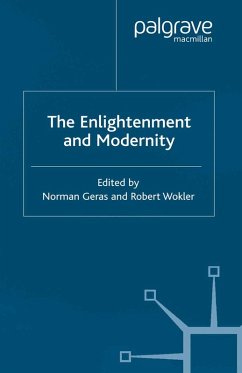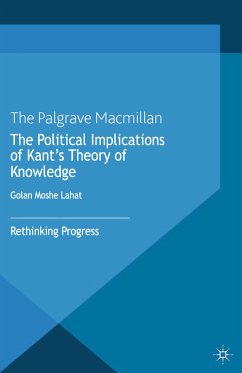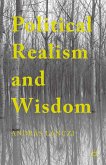- Vladimir Ðordevic, Associate Professor, Mendel University, Czechia
"Key Thinkers of the English, Scottish and American Enlightenments will be a must-have item for me and my students. The authors have shown that not only Spinoza, Locke, Hume, Jefferson, Madison, Paine, and Kant but also Algernon Sidney, Francis Hutcheson, Adam Smith, and Mary Wollstonecraft are our contemporaries, thanks to whom we better understand ourselves and the world we live in."
-Stanislaw Obirek, Professor of Humanities, University of Warsaw, Poland.
"What is Enlightenment? Like the metaphor of vision presupposed by the question, the typical short answer - "reason, liberty, rights" - has been formative for the Western tradition since the end of the seventeenth century. In this learned book, the authors resist any shorthand interpretation. They historicise the narrative and trace how Enlightenment thinkers across the Atlantic articulated radical ideas of social change which continue to inspire and vex us 350 years on."
- Silviya Lechner, Chair of the Department of Political Science, Anglo-American University in Prague, and Visiting Senior Research Fellow, King's College London.
This book analyses the Anglo-American Enlightenment, showing how the ideas developed first by John Locke and Algernon Sidney spread to the New World and influenced and were reflected in the thinking of James Madison and Thomas Jefferson, among others.
Sabrina Ramet is Professor Emerita at The Norwegian University of Science & Technology, Norway.
Torbjorn Lindstrom Knutsen is Professor Emeritus at The Norwegian University of Science & Technology, Norway.
Dieser Download kann aus rechtlichen Gründen nur mit Rechnungsadresse in A, B, BG, CY, CZ, D, DK, EW, E, FIN, F, GR, HR, H, IRL, I, LT, L, LR, M, NL, PL, P, R, S, SLO, SK ausgeliefert werden.









